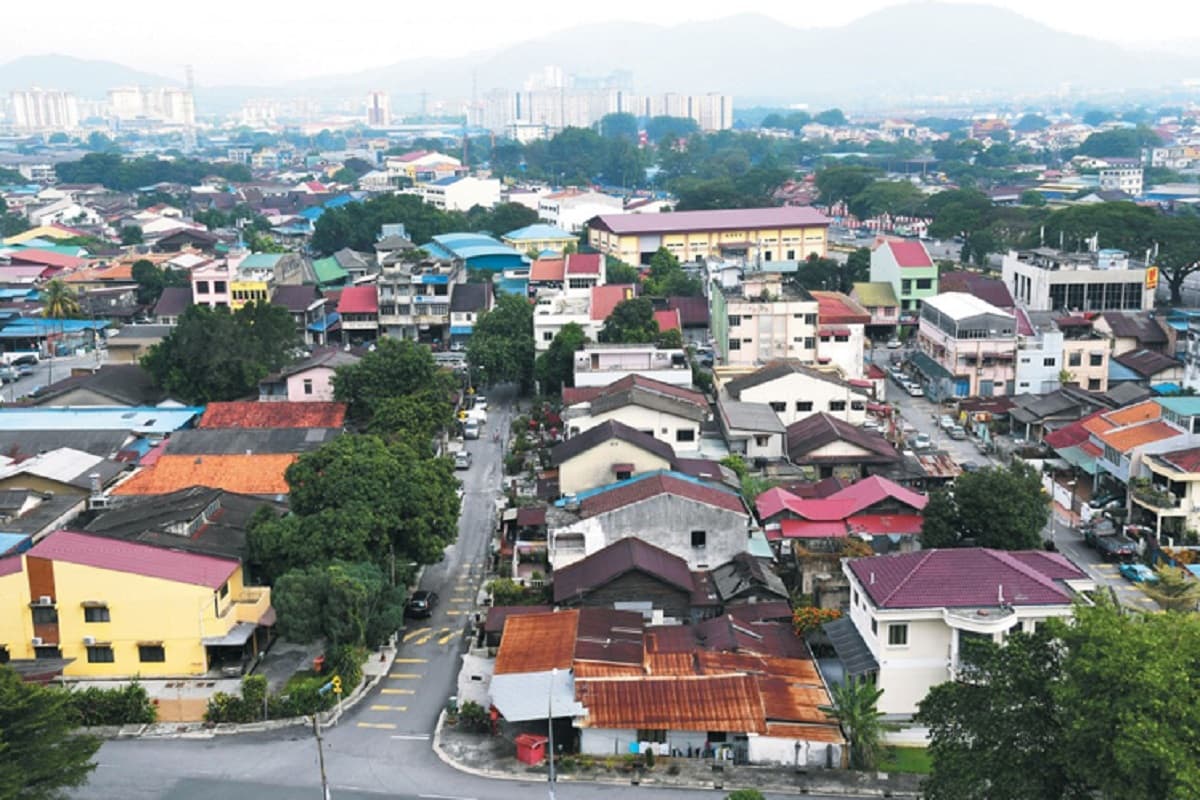
KUALA LUMPUR (July 27): Sustainability is the new priority for residential property projects in Asia, amid the outbreak of the Covid-19 pandemic and threats from climate change, said Alpha REIT Managers chairman Datuk Stewart LaBrooy at the 2021 Malaysian Housing and Property Summit titled “Resetting and Rebuilding the Housing and Property Industry in the New Normal” on July 27.
The virtual summit was organised by KSI Strategic Institute for Asia Pacific, and co-organised by International Real Estate Federation (Fiabci) Malaysia. More than 270 participants have registered for the one-day summit, which consisted of four sessions.
LaBrooy was speaking on the topic of sustainability in the session titled “Sustainability in Property Development – Embracing the New Normal”. The other speakers were KPMG Management & Risk Consulting Sdn Bhd executive director (governance and sustainability) Phang Oy Cheng, Pertubuhan Akitek Malaysia deputy president Abu Zarim Abu Bakar as well as VERITAS Architects Sdn Bhd group vice president Lillian Tay. It was moderated by JLL Property Services (Malaysia) Sdn Bhd country head YY Lau.
“Sustainability, in the view of property developers, means facilities that are friendly to the environment and ensure the wellbeing of residents, addressing the design needs arising from the pandemic, while being responsible to the local communities.
“However, sustainability goes far beyond that… An ESG (environmental, social, and governance) approach requires a deep commitment to environmental stewardship, social responsibility and good governance and an aspiration to be a leader in your industry and beyond. It is not a compliance statement in your annual report. It involves delivering for your four key stakeholders, namely employees, customers, communities and investors,” said LaBrooy.
Phang agreed, noting that many companies see sustainability as merely a reporting requirement and they do not focus on integrating sustainability in their businesses.
“One of the key requirements is that you understand what your stakeholders are saying and how you need to improve your ESG reporting, management and performance to meet the requirements. They also need to focus on where the challenges are and the need to consider the ESG risks.
“We have seen in the past year in regards to climate change and therefore the risk for property development is also changing. You need to consider whether your landbank is viable development, and whether it will increase your capital expenditure, which will then add on as cost for your purchasers,” she said.
Circular economy has been used in sustainability in Europe, she added, as it drives carbonisation — whereby the process involves from the beginning to the end — to identify where they can reduce, reuse and recycle the resources.
Abu Zarim noted that the key importance of sustainable developments in the property industry is about giving back to society, designing for community as well as building up resilience. Sustainable homes should feature energy-efficient design, passive cooling, recycled and sustainable building materials, wastewater treatment and reuse as well as smart lighting.
“For developers, sustainability is a way to add value and self-maintenance, while it also helps in widening the market. Sustainable homes are energy and water efficient, low in operating costs, reduce environmental footprint, increase property value and lead to healthier and happier living,” he said.
Lastly, Tay urged cities and buildings to be ready to function in the face of recurring public health crises and natural calamities in the post-pandemic era. City planning and building design needs to address three issues, namely household lockdown stress, healthcare system stress as well as increased vulnerability due to the high proportion of elderly and young population.
“Households across the country are stressed due to pandemic conditions. Malaysian cities and housing are not prepared for prolonged lockdown with drastic emergency measures. The Covid-19 pandemic has shown our lack of resilience as Malaysia ranked 51st in Bloomberg’s Covid-19 Resilience score,” she said.
“In building greater resilience into cities and buildings, the design starts from smaller to larger scale, which is from home unit/building to neighbourhood/community to urban/city. It is about rethinking building standards, building perimeter as well as perimeter planting requirements. Also, in the new normal, every home should have its own outdoor space and it is important to provide a safe balcony for all units,” said Tay.